Head of Libya’s High Council of State: Paris meeting was ‘not a crucial step’
By France 24
04 June 2018 |
3:20 pm
Rival Libyan factions met in Paris last week for talks, where they agreed to hold parliamentary and presidential elections on December 10.
In this article
Related
4 days ago
Related
19 Apr
Kenya's military chief Gen. Francis Ogolla, was among 10 people killed in a helicopter crash in the Cheptulel area of Kenya's Rift Valley region, on Thursday, Kenyan President William Ruto confirmed.
4 days ago
Doctors in Kenya have been on strike for five weeks, demanding better wages and working conditions. President William Ruto says his government is out of money to pay the medics. Meanwhile, patients remain without care.
4 days ago
How can a conflict that is taking place right now, and that’s regarded as the biggest humanitarian crisis in the world, become known as the forgotten war? Aid agencies say that after exactly a year of civil war in Sudan, driven by a fight for power between two military factions, the world has turned away.
4 days ago
Tunde Onakoya, a chess mastermind and founder of Chess in Slums Africa, has just wrapped up a truly inspiring challenge! He attempted to break the Guinness World Record for the longest chess marathon without a loss, aiming to surpass the existing mark of 56 hours and 9 minutes. As at 04:30 am Saturday 20th morning,…
1 day ago
A high court judge has dismissed the case brought by South Africa's ruling ANC party accusing the MK party of copyright infringement. Flooding hits many parts of Kenya, sweeping away vehicles, submerging key highways and sending some communities scrambling to find higher ground. And staying in Kenya, a nation known for its marathon and long distance running gold medals is now hoping to shine in sprint.
1 day ago
Turkey's president Recep Tayyp Erdogan was in Iraq this Monday - his first official visit in years, where he signed a raft of deals to try and reset rocky relations. High on the agenda was the water issue, stemming from Turkey's construction of dams on the Tigris and Euphrates rivers that reduced the supply downstream to Iraq.
Latest
1 day ago
Find these stories and much more when you grab a copy of The Guardian on Wednesday.
1 day ago
The heat of the Premier League title race is on and big games are coming this midweek. Arsenal at the Emirates will take on Chelsea, Everton will entertain Liverpool, and Manchester City will be up against Brighton. Ayomide Sotunbo and Hogan Niyi preview the games in this week's edition of The Nutmeg.
1 day ago
A book by Frank-Walter Steinmeier titled 'We' searches for diversity in the face of division, though it's a difficult balancing act for the head of state.
1 day ago
North Korean state media has claimed Pyongyang tested a "nuclear trigger" simulation drill as a "warning signal" to the US and South Korea.
1 day ago
A review of the UN agency's neutrality was prompted by Israeli accusations that aid workers in Gaza were "terrorists." An independent panel says Israel provided no evidence to back the claim.
1 day ago
Unrelated images are going viral on social media, claiming to show last Friday's retaliatory strike by Israel on Iran. In this edition of Truth or Fake, we tell you what we know about this footage, based on verified images.
×

Get the latest news delivered straight to your inbox every day of the week. Stay informed with the Guardian’s leading coverage of Nigerian and world news, business, technology and sports.


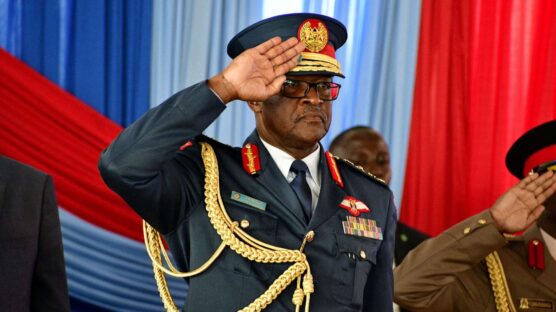
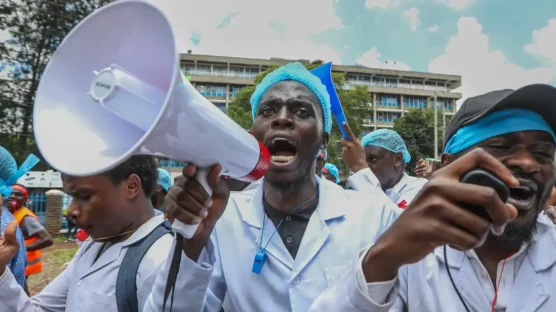
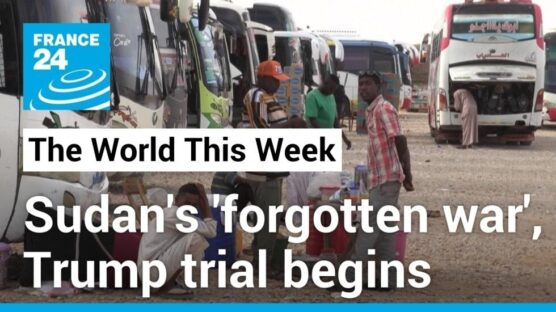
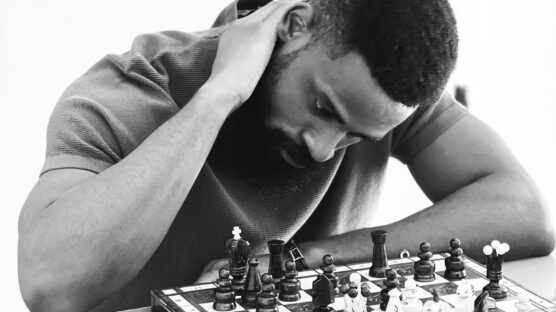
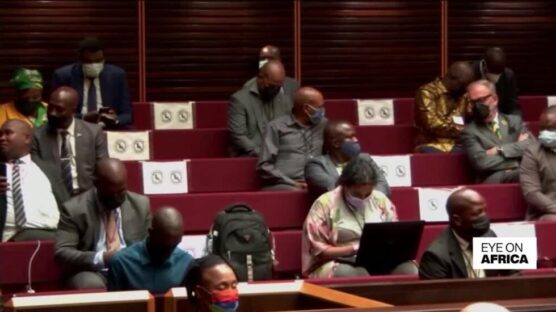
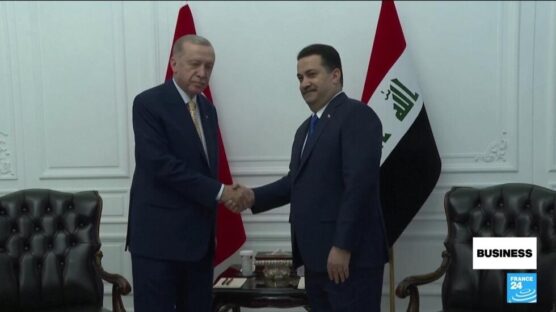




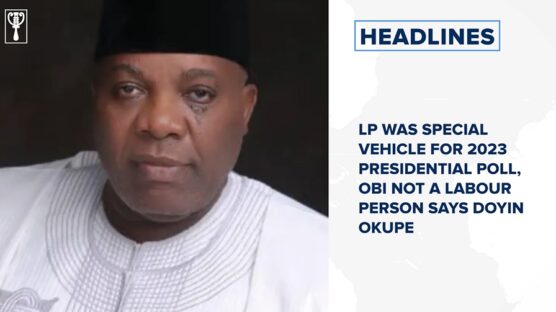

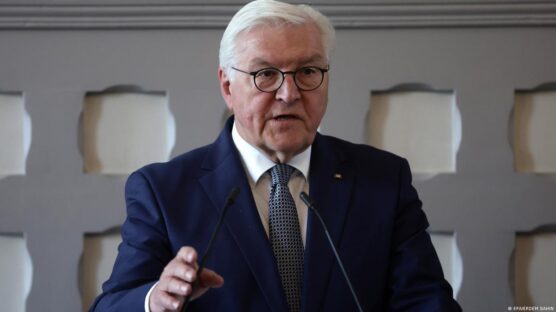
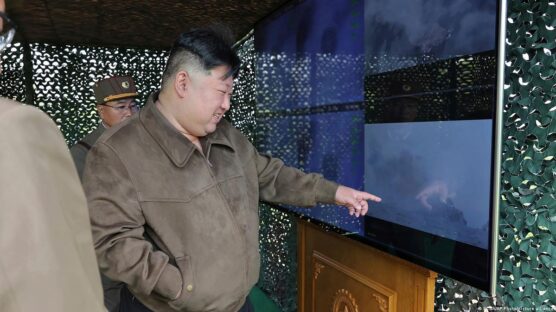
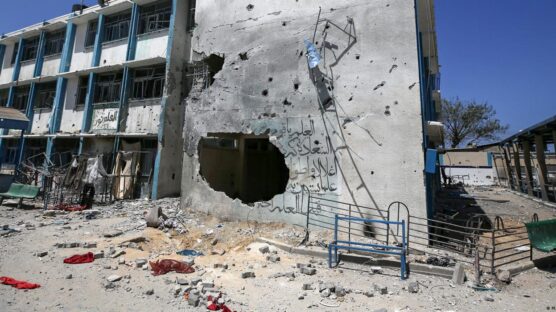
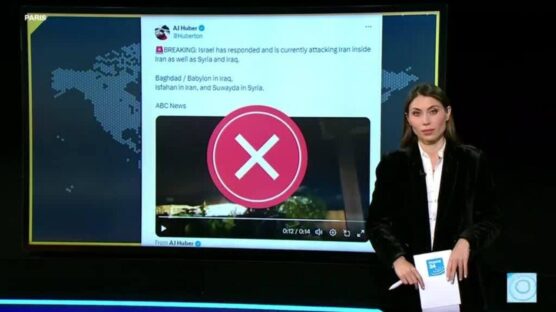
0 Comments
We will review and take appropriate action.